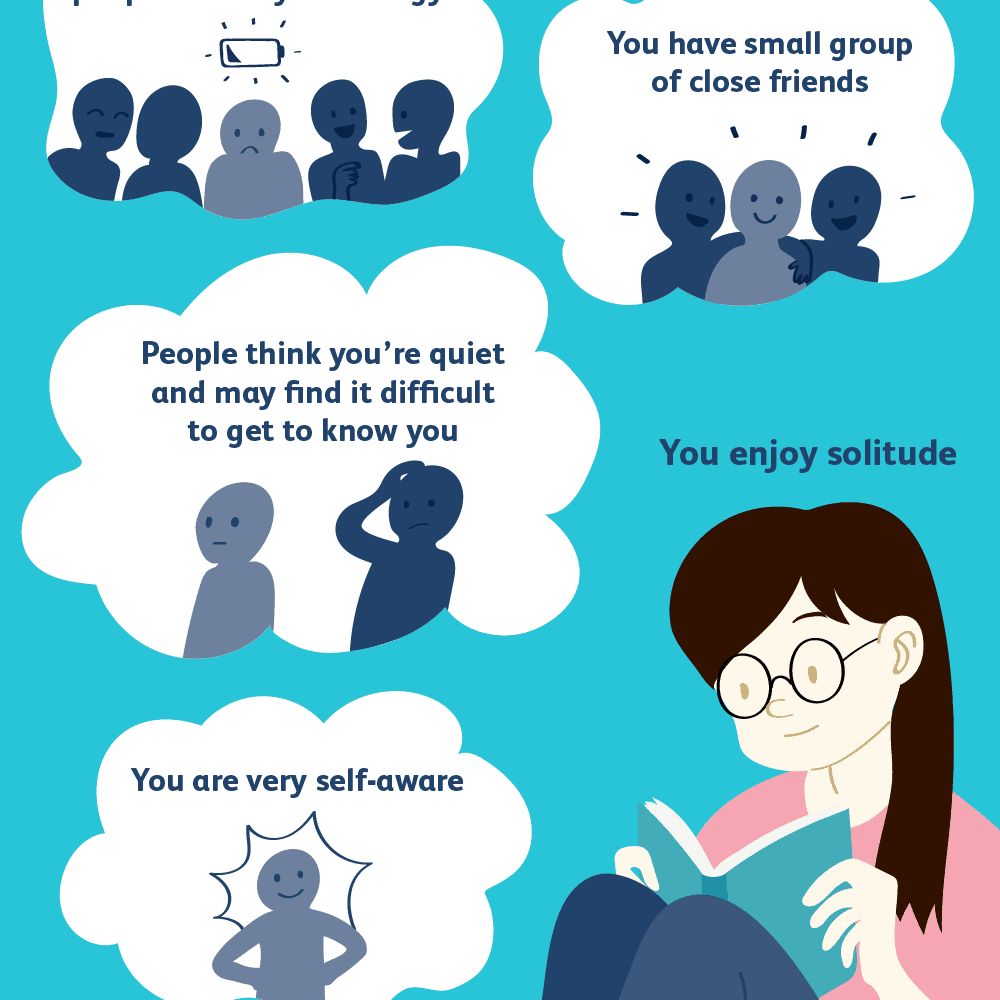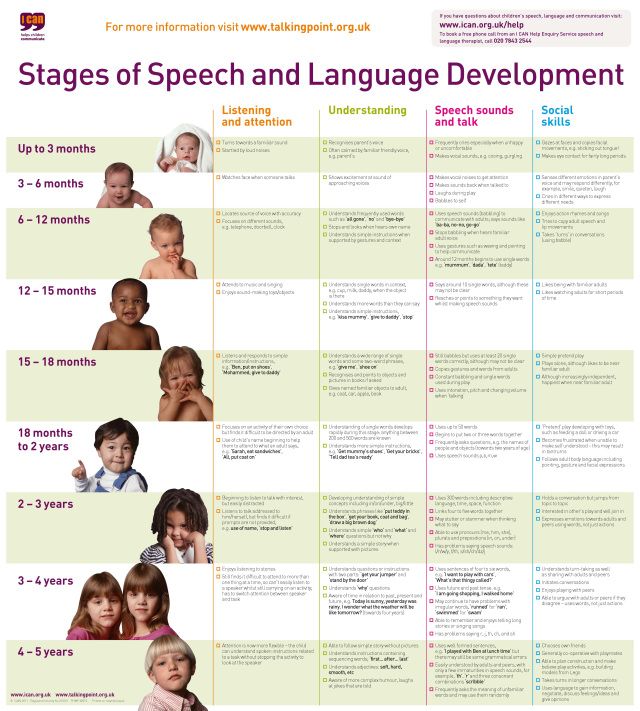3 person marriage
A Throuple Can Buy a House. What Other Legal Rights Do Throuples Have?
Date: September 7, 2021Attorney:Lynne Strober
By Lynne Strober
September 7, 2021
If you’re not familiar with throuples yet, you probably will be sometime soon. Throuple is the trendy term for a polyamorous relationship between people who claim an equal and exclusive commitment with each other. We’re not talking threesomes, but three in a couple.
The term throuple is popping up more and more these days, everywhere from The Today Show and USA Today, various articles, Tiger King (not necessarily a good example), The Politician on Netflix, to a House Hunters episode where a throuple and their two children searched for their dream home in Colorado. But while the term throuple is having its moment in the sun, the concept behind it is hardly new. Polyamorous relationships have existed since the dawn of time – and whether you call it polygamy, bigamy or something else, it isn’t going away anytime soon.
Throuples are on the increase and take many forms. Two can be married, none married, or there can be more than three.
As a family and matrimonial attorney, the throuples concept struck me. After all, members of a throuple might treat each other equally, but having equal rights under the law is an entirely different thing. For instance, two members of a throuple might decide to have a baby, but can that child legally have three parents? Along those lines, two members of a throuple can certainly marry and choose to welcome someone else into their union, unofficially, but that third person will probably lose out on the legal benefits of marriage (x, y, z, etc.), if not allowed to do so.
Throuples also raise a series of interesting questions outside of the law that society has yet to fully dissect. For instance, going back to the House Hunters episode – how in the world does a throuple go about getting a mortgage and buying a home?
Polygamy and the Law
In the seminal case on polygamy, Reynolds v.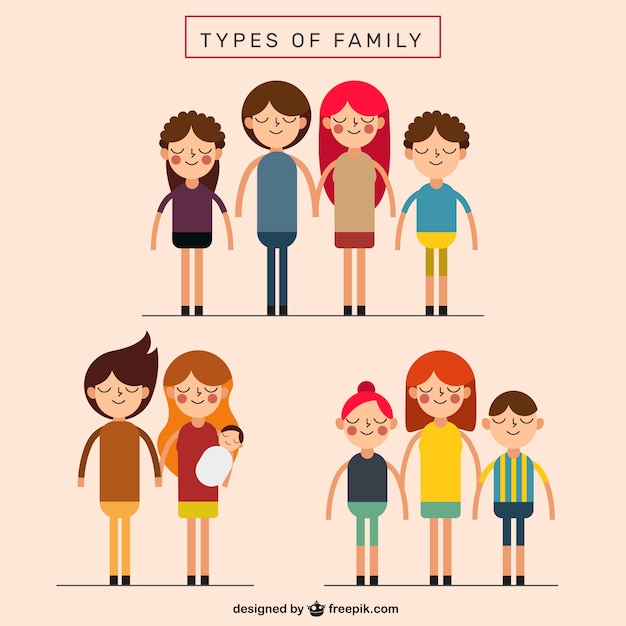 United States (1878) the U.S. Supreme Court held that bigamy was not a protected act under the constitution. Nearly 150 years later, the federal law remains in effect; an individual cannot marry more than one person. That said, interesting forces are at work these days, and its not unreasonable to think that someday, throuples might gain equal protection.
United States (1878) the U.S. Supreme Court held that bigamy was not a protected act under the constitution. Nearly 150 years later, the federal law remains in effect; an individual cannot marry more than one person. That said, interesting forces are at work these days, and its not unreasonable to think that someday, throuples might gain equal protection.
Take Utah for example. Utah has always been a hot bed of polygamy, due to the early Mormon church’s prominence in the state. Today, there’s an estimated 30,000 polygamists in Utah, and while it’s still a crime to take more than one spouse, Utah lowered the punishment for doing so in March 2020. Previously, polygamy was a felony punishable by a prison term; now it’s a misdemeanor, as long as the new spouse enters the union voluntarily. The effect is to decriminalize the act and allow law-abiding polygamists to interact with society.
Then there’s Obergefell v. Hodges, the landmark Supreme Court decision that guaranteed same sex couples the right to marry. In Obergefell, Justice Alito suggested that the same arguments supporting same-sex marriage could be used with equal force to justify plural marriage:
In Obergefell, Justice Alito suggested that the same arguments supporting same-sex marriage could be used with equal force to justify plural marriage:
“Suppose we rule in your favor in this case, and then after that a group consisting of two men and two women apply for a marriage license. Would there be any ground for denying them a license?” Chief Justice Roberts, in the dissent:
According to Chief Justice Roberts, the majority opinion “inserts the adjective ‘two’ in various places,”
A University of Pennsylvania article discusses that if one is applying the principles of same-sex marriage to plural marriage, it can be argued that:
- Plural marriage, like same-sex marriage, is encompassed in the right to personal choice inherent in the concept of individual autonomy.
- The right to marry is fundamental, but nowhere is it required that it be limited to two people, just as it is nowhere written that it must be limited to individuals of the opposite sex.
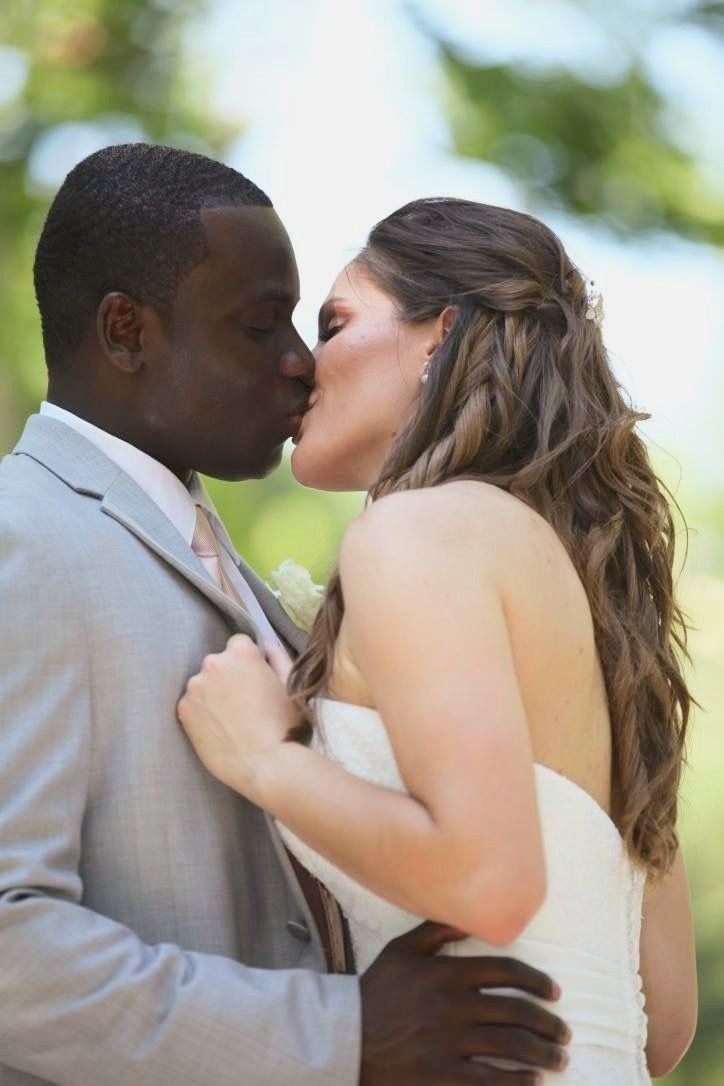
- Just as it would be demeaning to lock same-sex couples out of a central institution of our nation’s society, it would be just as debasing to bar polygamous couples from this institution of marriage.
If the trouple consists of a married husband and wife who bring a third partner into the relationship, that third person will typically be the one who is denied most rights afforded a legally recognized spouse
- Polyamory differs from polygamy. In a polygamous relationship, one person, usually a man, is married to more than one woman. In a polyamorous relationship, all the partners are intimately involved with each other.
- I knew that polygamy is currently illegal in the United States; and similarly, polyamorous — or multi-partner relationships are not recognized as legal unions, subject to limitations like Utah’s law change.
If the trouple consists of a married husband and wife who bring a third partner into the relationship, that third person will typically be the one who is denied most rights afforded a legally recognized spouse. The non-married partner is not entitled to:
The non-married partner is not entitled to:
- Property, inheritance rights
- Interest in retirement assets and medical benefits
- Alimony or palimony, unless there is a promise to support
- Any claim to Social Security benefits based upon the earnings of one or both married partners
Careful consideration should also be given to the issue of children:
- What happens if a child is born from one of two women in the union?
- What if the child is conceived and born through a hired surrogate and not a trouple partner?
- Could more than two people adopt a child?
- Can a child legally have more than two parents?
- Are all the members of the marriage given parental rights? Are they equal?
If multi-person marriage were legal, we have to assume that some of these will end in divorce.
- Would the entire union have to terminate its existence or only those who wish to withdraw from the union be able to do so?
- Which partner(s) can receive alimony?
- Which partner(s) are responsible for paying alimony?
- Do the partners receive/pay equal amounts of alimony?
Consider this hypothetical situation: A, B, C, and D are married.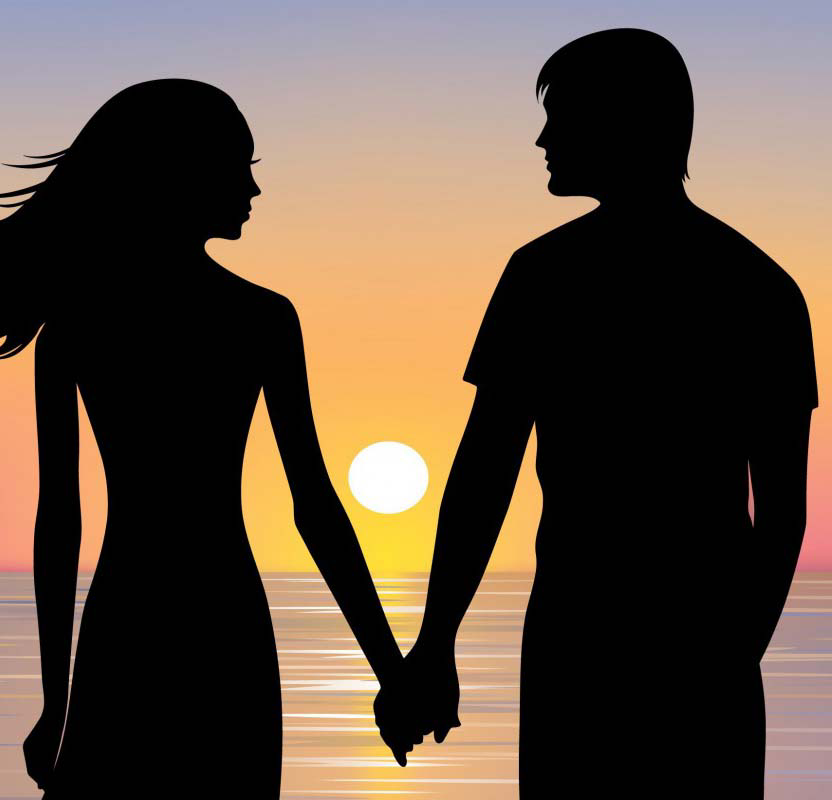 If A seeks a divorce and the remaining unit were to pay alimony and equitable distribution and then B were to seek a divorce, are B, C, and D still paying alimony to A and then do they have responsibilities as to B? This would be very complicated, to say the least.
If A seeks a divorce and the remaining unit were to pay alimony and equitable distribution and then B were to seek a divorce, are B, C, and D still paying alimony to A and then do they have responsibilities as to B? This would be very complicated, to say the least.
If the trouple divorces and there are children in the union:
- What happens to custody?
- Which partner(s) would be paying child support?
- Would major decision-making powers still belong to all the members of the union?
Wow, I had compiled a lot of questions in the time it takes for an episode of House Hunters’ credits to roll.
We’ve ostensibly come so far so fast, but let’s not forget what it took to get here and what lies ahead.
However, one can argue, and as Justice Roberts alluded to, that the progress we’ve made as a country makes further progress more plausibleand perhaps even more amenable to multiple marriage.
The world has grown ever more accepting of non-gender-specific behavior, gender fluidity and equal rights for all.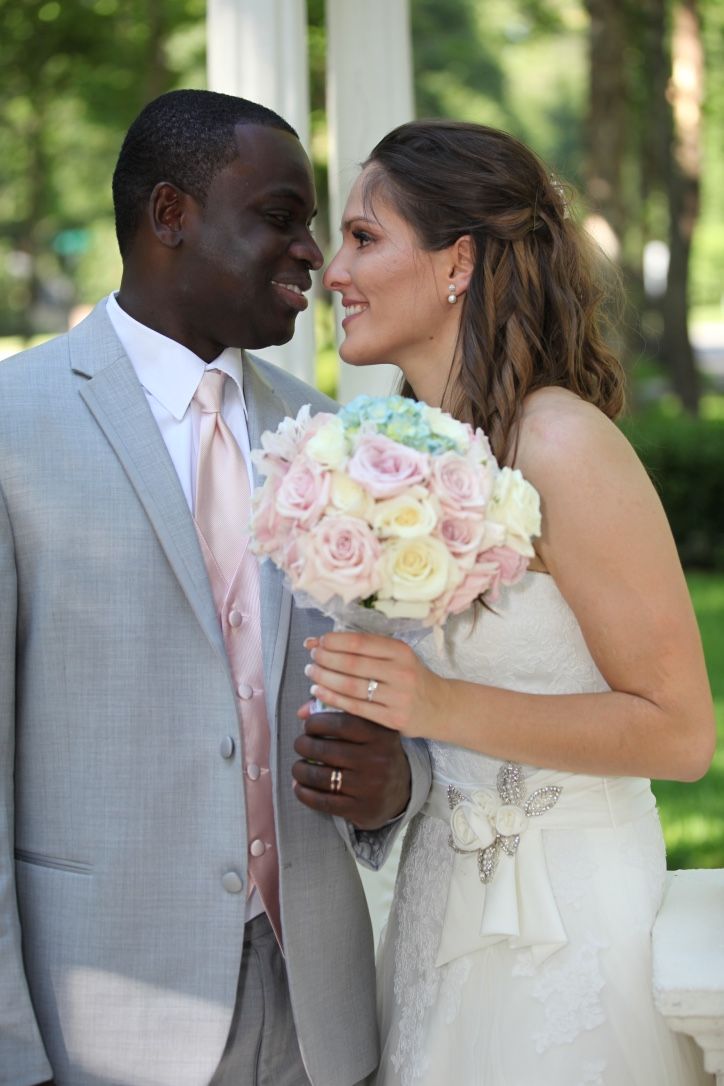 Multi-person relationships too, in whatever name they’re referenced, are becoming more mainstream, at least in the public consciousness. But like their forebears, not all participants in polyamorous relationships are treated fairly in the eyes of the law.
Multi-person relationships too, in whatever name they’re referenced, are becoming more mainstream, at least in the public consciousness. But like their forebears, not all participants in polyamorous relationships are treated fairly in the eyes of the law.
The question of whether trouple partners will achieve equal rights is not clear or inevitable. Right now there are more questions than answers. What rights should there be to protect the people in multi-person relationships? Should there be laws or should it be incumbent upon the parties to take the necessary legal precautions to provide for everyone in the relationship?
My position in this discussion: protect the client’s rights.
Aside from the novel social aspects of these relationships, what drew me to the topic of trouples and multi-person unions is the concept that some people have subservient rights to others in these relationships.
As attorneys, we need to ensure the rights of all parties are protected in the formation and dissolution of such unions; and in the latter case, that the non-married participants are treated fairly.
Because to interpret the Fourteenth Amendment and “equal protection of the law" is to understand that the concept of fairness is fundamental to states’ guaranteeing the same rights, privileges, and protections to all United States citizens. It is also a key element of the argument that ultimately led to the legalization of same-sex marriage.
We in the legal community must begin the discussion of how to address the issues surrounding multi-person relationships if/when they arise in the future. We need not take sides, nor is this article purporting to advocate one way or the other; but In the absence of laws to follow, we must be prepared if a client walks through our doors asking for help.
Perhaps the answer is to ensure the non-married person is provided for in trusts or other financial arrangements in lieu of defined marital benefits or spontaneous entitlements. Or, maybe you’re ready to potentially make history and take the issue in front of the Honorable nine Justices.
From HGTV to the Supreme Court. That would be something.. Like most change, it starts with a shift in human behavior and eventually may become the subject of legislation.
If you have any questions on Matrimonial and Family Law, please contact Lynne Strober.
Polyamorous marriage: Is there a future for three-way weddings?
Published
This video can not be played
To play this video you need to enable JavaScript in your browser.
Media caption,Meet the three men who 'married' each other
By Jasmine Taylor-Coleman
BBC News
A so-called "throuple" in Colombia have been hailed as having the first legal union between three men in the world. So will we see three-way marriages in the future?
"Victor tells the bad jokes," says Manuel.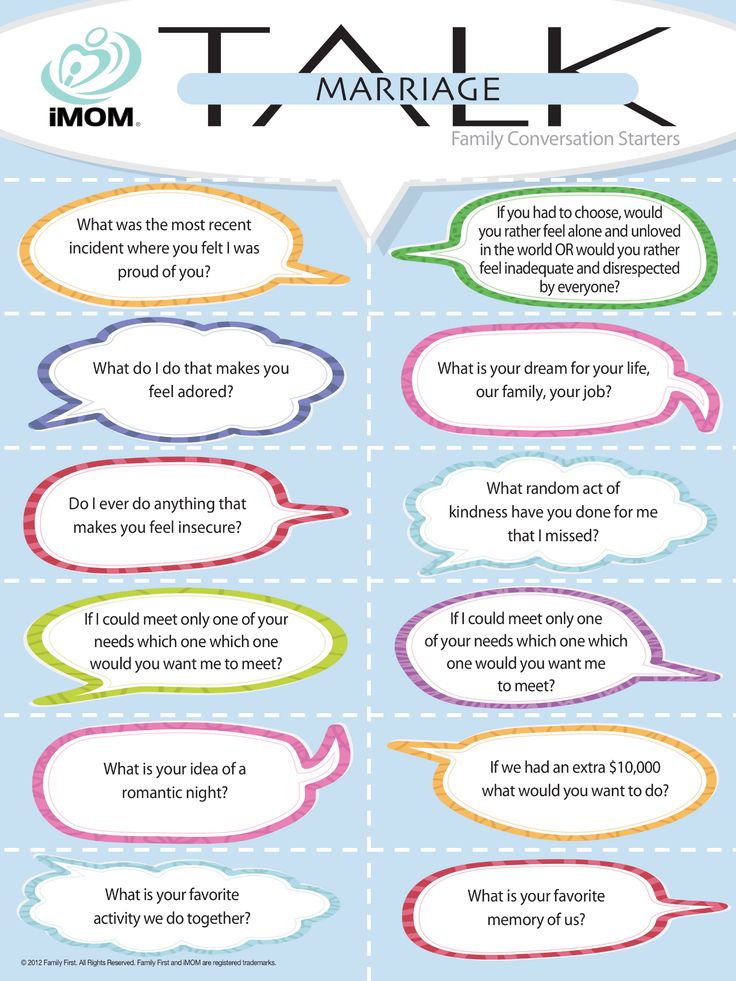
"Very bad," agrees his partner Alejandro.
"I tell the smart ones," says Manuel.
Manuel José Bermúdez Andrade, Víctor Hugo Prada and Alejandro Rodríguez are all in a relationship together. They used to be four but their boyfriend Alex Esnéider Zabala died in 2014.
"The decision to marry was there before Alex died, the four of us wanted to get married," says Víctor.
"Alex's cancer changed our plans. But I never gave up."
When Alex died, the remaining three, who live in the Colombian city of Medellín, say they had to fight to be seen as his partners and get access to his pension.
It made them all the more determined to get legal recognition of their relationship.
Image caption,Alex Esnéider Zabala was in the relationship for eight years before he died in 2014
They are now planning their long-awaited wedding ceremony after a supportive lawyer signed a special legal document last month.
"A document that tells us we are a family, and live together as three under the same roof, sharing a bed, a table, everything a family does," explains Víctor.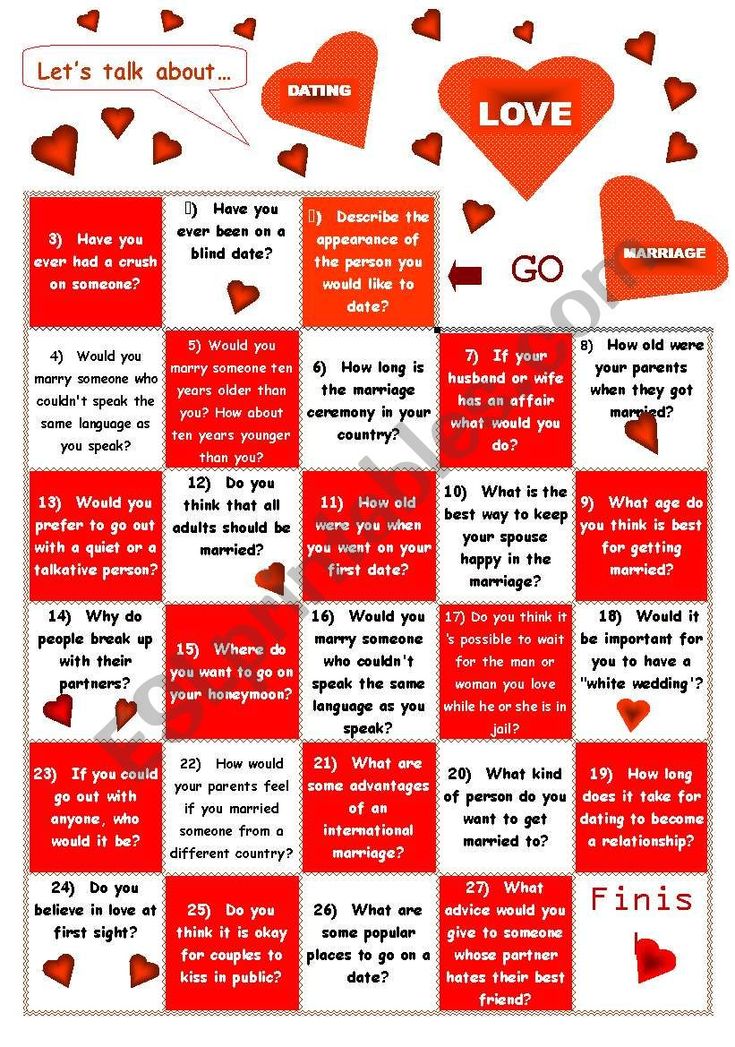
'Unimaginable'
The paperwork formalises their union, but it is not a full marriage certificate. Like in most countries - except those that accept polygamy - it is illegal to marry more than one person in Colombia.
But Alejandro, Manuel and Víctor's legal success is a big step forward in a world where group marriage has been firmly off the agenda.
Could cases like theirs signal the start of a concerted effort by campaigners to allow it?
"The movement is absolutely going to develop if the activists so choose," says Hadar Aviram, a professor of law at University of California in the US.
What is a polyamorous relationship?
- A romantic relationship where those involved agree it is OK for everyone to be open to or have more than one romantic partner
- Some groups allow their members to seek additional partners, while others do not
- Distinctions are drawn with polygamy - or more specifically polygyny - in some Muslim societies and fundamentalist Mormon communities when one man may have multiple wives, based on a perception this is inherently disempowering for women
Source: More than Two
Read more
- How does a polyamorous relationship between four people work?
- Does anyone believe in monogamy any more?
Prof Aviram said she found little appetite for marriage among polyamorous groups when she first started her research in 2004 but she began to see a change around 2012.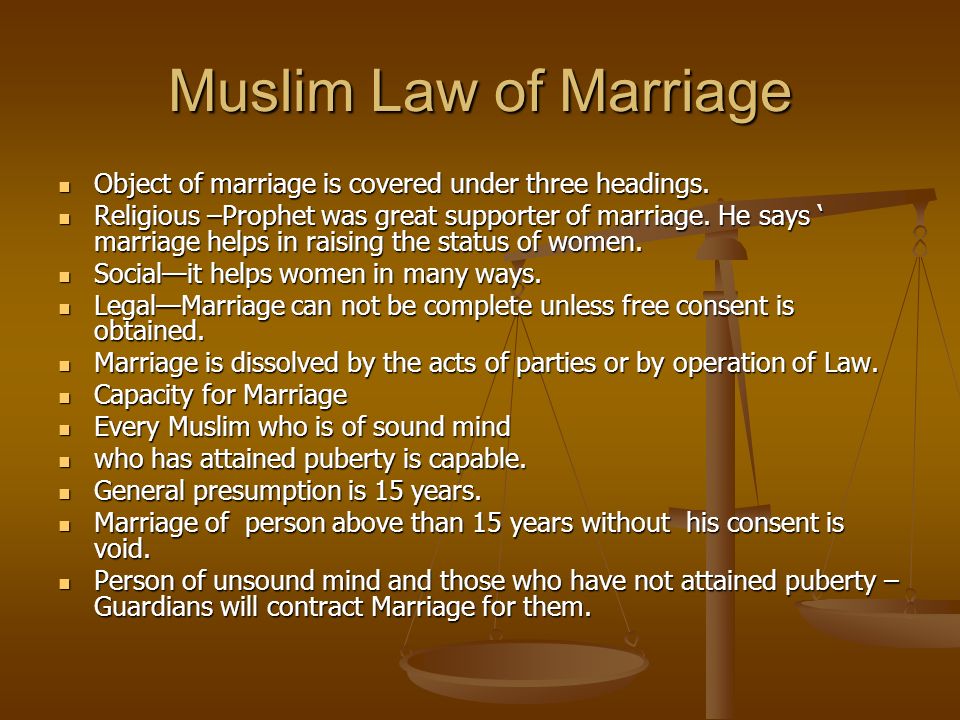
A study by the US-based organisation Loving More the same year found that 65.9% of more than 4,000 polyamorous people said would want to marry multiple people if such marriages were legal.
The same year there were reports of a three-way civil union in Brazil. In 2015 three men in Thailand apparently had a Buddhist wedding ceremony.
Prof Aviram believes changing attitudes may be due to wider acceptance of same-sex marriage around the world, making way for new taboos to be broken.
"Perhaps in the 1970s, same-sex marriage was as unimaginable as group marriage is today," she says.
'It just felt right'
Legal marriage may still seem a distant prospect but cases like that in Colombia are giving hope to others in three-way relationships.
"It's really encouraging," says DeAnna Rivas, a married mother of two from Florida.
The 28-year-old suggested to her husband, Manny, that they start experimenting with another woman in 2014.
"I grew up having crushes on both men and women," she says. "But by the time I got married to Manny I had been with him for five years and our relationship was based on me and him."
Image source, DeAnna Rivas
Image caption,Manny and DeAnna, pictured with their children Vaneza and Gabriel, got married in 2013 after five years together
But after the birth of their second child, DeAnna was struggling with depression and felt she could not get enough emotional support from her husband alone.
"I was so unhappy I couldn't express my feelings to him. I had another part of me that was missing.
"When we met Melissa it just felt right."
DeAnna, an art teacher, now lives with both Manny and 20-year-old Melissa James; they share incomes, childcare and household duties, and a bed.
"It's the majority of men's fantasies to have two women," says Manny, a boat salesman.
"At the same time when we first started it was kind of daunting.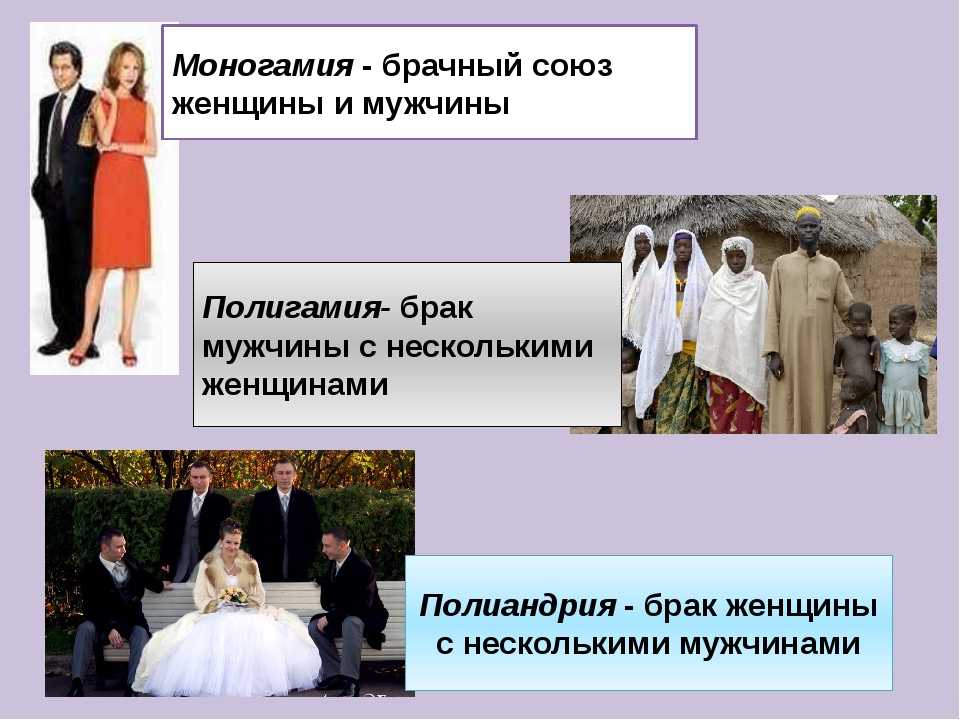
"I was a little fearful as far as bringing someone else into our relationship - I thought maybe she'd want to take my wife.
"But we gave it a shot and it worked out a lot better than I expected."
Image source, DeAnna Rivas
Image caption,The family find it helpful to have three incomes but the best thing is the "amount of love in our home", Manny says
Manny, 30, says some people are upset by the relationship - a previous employer even threatened to sack him as a result - but others are intrigued.
"Most people immediately think of polygamy and Mormons when they first hear about it and they don't like the idea of a guy with two wives, who don't interact."
"When I say it was more my wife's idea than mine, then people get more understanding."
The trio admit they have all struggled with jealousy but they have learned to be more open with each other.
They are now planning a wedding ceremony for June 2020.
"I'd like something beautiful and casual," says shop worker Melissa.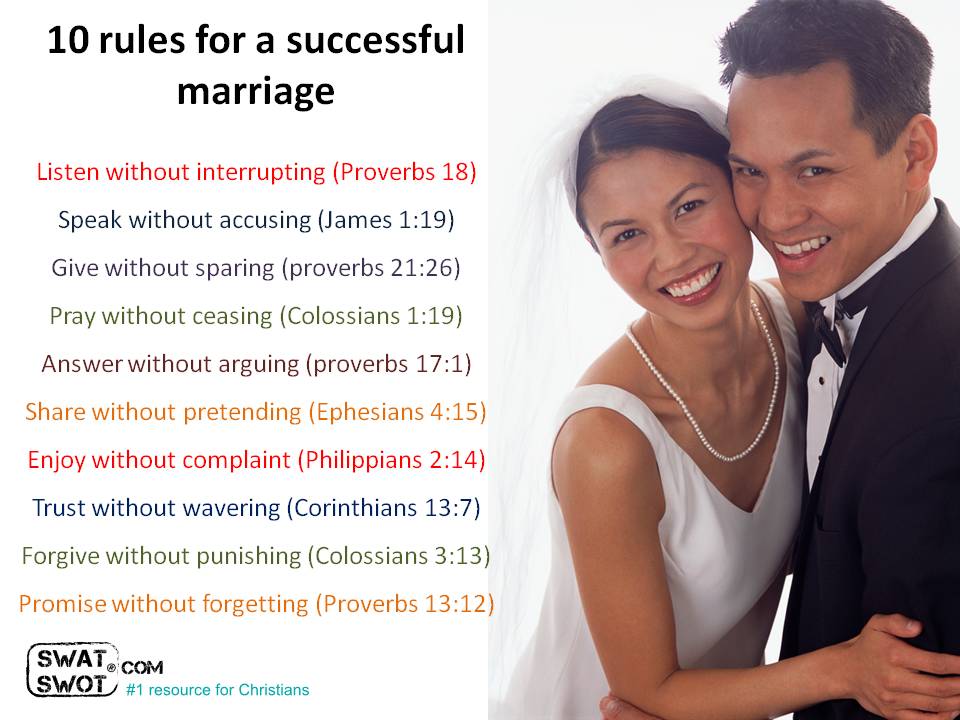 "With a trellis covered in flowers and a rainbow colour theme."
"With a trellis covered in flowers and a rainbow colour theme."
Image source, DeAnna Rivas
Image caption,Vaneza and Gabriel "love having two moms", according to DeAnna
They have even picked out a tuxedo for Manny to wear to the ceremony.
But the marriage will not be legal. They must find alternative ways to have their family recognised.
Manny and DeAnna are giving Melissa guardianship of their two children, who already call her "Mamma MJ". Melissa is also planning to change her name to Rivas.
Without marriage rights, though, people even in the most committed polyamorous relationships do not have access to the same legal and tax benefits as married couples.
'There's nothing wrong with it'
The idea has provoked backlash, including in deeply Catholic Colombia where there are calls for the Medellin lawyer to be investigated.
Image source, DeAnna Rivas
Image caption,The trio say communication is the most important thing for maintaining a happy three-way relationship
There are fears it could threaten the sanctity of marriage or encourage family break-up.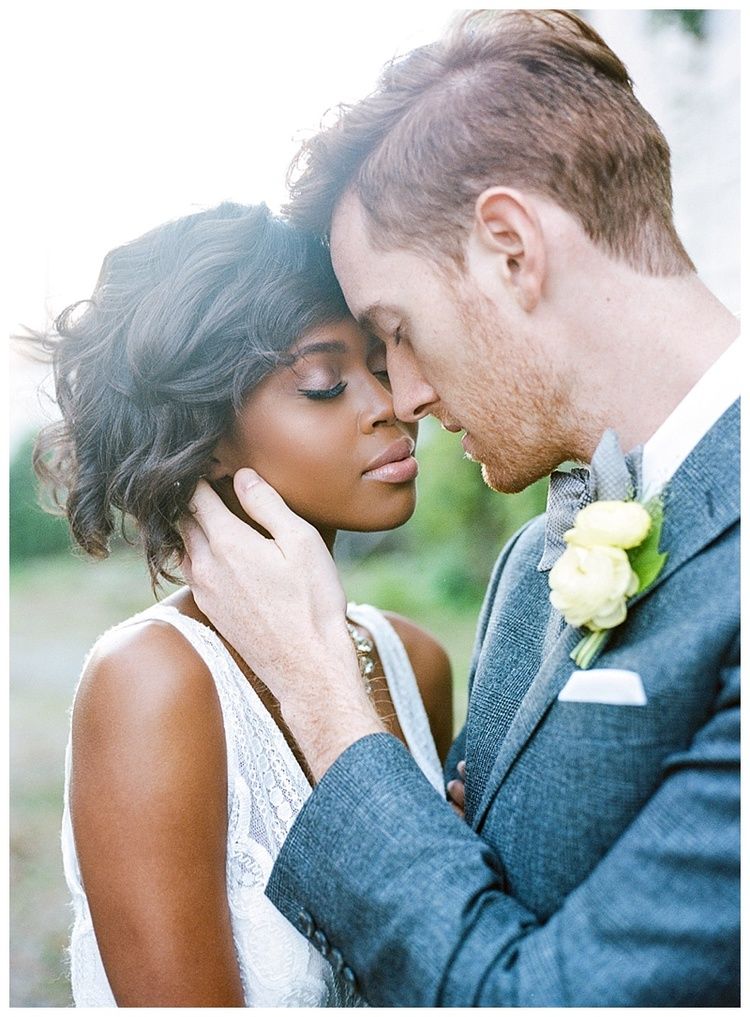
Some gay rights advocates also oppose it, saying it makes a mockery of their fight for equality and undermines past assurances that same-sex marriage would not be a "slippery slope".
Many people in polyamorous relationships are also sceptical themselves; they may have no desire to go public or embrace traditional family models, says Prof Aviram.
"People don't necessarily want to resemble the mainstream," she says.
If things are going to change, there need to be more role models to show people that polyamorous relationships can last long term, she adds.
Manny Rivas says he "would love for us to be able to get legally married and show people there's nothing wrong with it, show people you can make it work.
"We could help other people accomplish their goals, be an inspiration," he adds.
Additional reporting by Natalio Cosoy, BBC Colombia correspondent
Iceland: what is marriage for three and "window weather"
Registration completed successfully!
Please follow the link from a letter sent to
Iceland:
What is a marriage for three and “Window Weather”
Olga Raspepova
We continue to know the series to tourist ”- our compatriots who have been living abroad for a long time, or foreigners who know Russian, talk about the peculiarities of life and culture in different countries.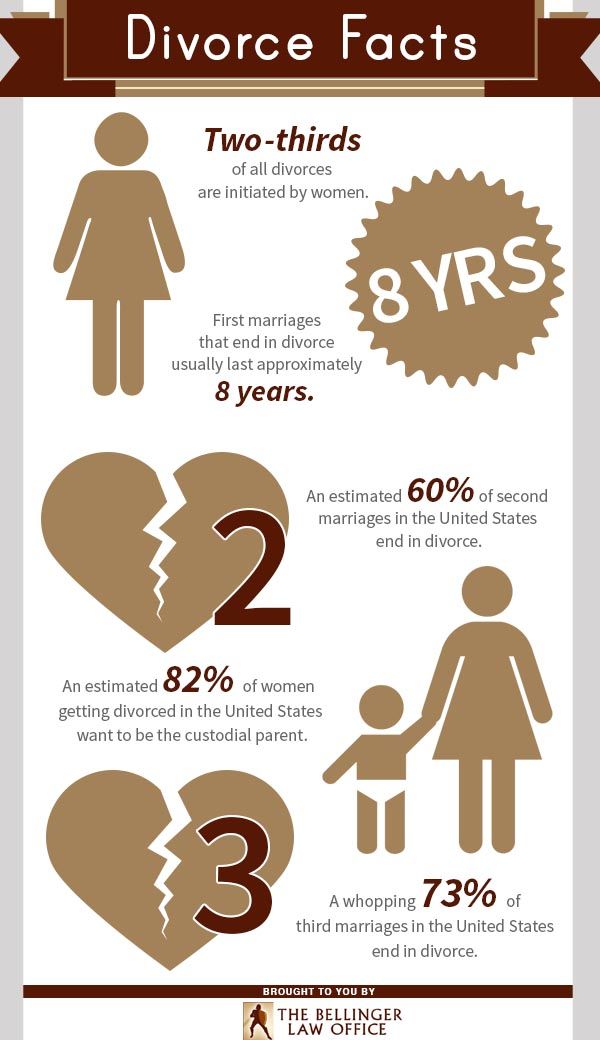 This time we will talk about Iceland, which only experienced travelers knew about before the eruption of the Eyjafjallajokull volcano.
This time we will talk about Iceland, which only experienced travelers knew about before the eruption of the Eyjafjallajokull volcano.
What they call "window weather", why this country does not need last names, and locals are in no hurry to marry - this and much more was explained to RIA Novosti by journalist and teacher Anastasia Dodonova, who moved to the island four years ago.
Let's figure it out for three
In 2015, a duck spread in African newspapers, giving birth to the most enduring myth about Iceland. Allegedly, there are so few men on the far northern island that foreigners who marry Icelandic women are paid ten thousand euros a month. That is, because of the poor demographic situation, the state is ready to enter into marriage contracts with foreigners. Immediately on Facebook, the profiles of Icelandic beauties were attacked by thousands of unfamiliar men. “I still have such golddiggers knocking,” says Anastasia.
Anastasia Dodonova
© Photo: From the personal archive of Anastasia Dodonova
Northern Lights in Reykjavik
© Photo: @adodonova / Instagram
In Western Fjords, Icelanda ©
© Photo : @adodonova / Instagram
Journey to the volcano Thrihnukagigur
© Photo : @adodonova / Instagram
Puffins at Cape Lautrabjarg
© Photo : @adodonova / Instagram
In the north of Iceland
© Photo: @adodonova / Instagram
Anastasia Dodonova
© Photo: from the personal archive of Anastasia Dodonova
In fact, there are slightly more men on the island than women: 50. 4 percent versus 49.6 . And local young ladies are in no hurry to marry even local ones. People often get married here after living together for several years and having more than one joint child.
4 percent versus 49.6 . And local young ladies are in no hurry to marry even local ones. People often get married here after living together for several years and having more than one joint child.
Citizens on the balcony of a building in Reykjavik
Perlan City Boiler House in Reykjavik
Visitors at the Strokkur geyser
Tourists at the Strokkur geyser in Iceland
Citizens on the balcony of a building in Reykjavik
More often limited to "registered partnership", which gives the same rights, but exempts from maintenance obligations in case of divorce. “This also applies to same-sex couples. And recently, the Pirate Party came up with a proposal to allow marriage between three or more if they have a joint household, ”explains Anastasia.
“Window Weather”
According to legend, the Vikings gave the name Iceland, “Ice Land”, on purpose to scare intruders. In fact, the average annual temperature in Reykjavik is higher than in Moscow. And although it rarely exceeds twenty in summer, in winter, thanks to the Gulf Stream, it rarely drops much below zero.
In fact, the average annual temperature in Reykjavik is higher than in Moscow. And although it rarely exceeds twenty in summer, in winter, thanks to the Gulf Stream, it rarely drops much below zero.
And within an hour you can experience all the seasons on the island. And the favorite response to local tourists complaining about gale-force winds or drizzle: “If you don’t like this weather, wait five minutes!”
Icelandic even has a concept called gluggaveður, "window weather".
“We would say “frost and sun - a wonderful day”. But this often happens here in the summer. It happens that you look out the window - beauty: the sun is shining, the birds are singing, and you go out into the street - a terrible oak tree. And you think: “No, it’s better to admire this from the living room window and drink coffee!” Nastya laughs.
Siglufjordur, Iceland
© Photo : @adodonova / Instagram
0004
© Photo : @adodonova / Instagram
In the city of Siglufjordur
© Photo : @adodonova / Instagram
View of the city of Reykjavik in Iceland
Siglufjordur, Iceland 909004
© Photo : @adodonova 9002 more Icelandic has dozens of words for snow, depending on when it falls, under what weather conditions, and how much.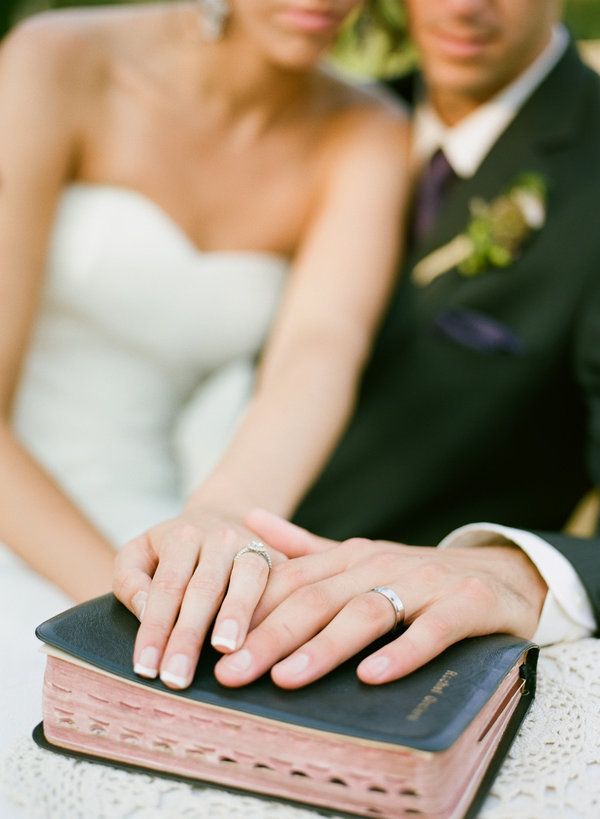
Black herring
Coffee is the main drink here. Between breakfast and lunch or lunch and dinner, there is always kaffitími - coffee time. It's funny that this is also the name of a snack in the nursery group of the kindergarten - an afternoon snack. Although children, of course, do not drink coffee yet.
Iceland
© Photo : @adodonova / Instagram
Those born in the USSR are familiar with the phrase "Icelandic herring". The locals themselves, by the way, do not favor it, preferring more “noble” species such as salmon, cod and trout. But it is almost impossible to buy a whole fish - 95 percent are sold as fillets. Gutting right on the ships, fearing the appearance of parasites.
Fishing in Iceland
© AP Photo / Brynjar Gauti
Coast of Iceland
CC BY-SA 2.0 / dconvertini / Iceland
Mountains and lake in Iceland
CC BY-SA 2. 0 / dconvertini / Iceland
0 / dconvertini / Iceland
Fisheries in Iceland
bacteria, so the country is very successful in fighting COVID-19. Pets from abroad are sent into long-term quarantine. The import of reptiles and any livestock is prohibited. And even endemic Icelandic horses, once leaving the island for the sake of competition, will not be able to return!
“At the same time, Icelanders are completely unaccustomed to washing vegetables and fruits. And it would be fine if they were local, but even those who came from plantations in South Africa. Only after the pandemic, reminder posters were hung in stores, ”Anastasia clarifies.
I am Yonovna!
The Icelandic language has hardly changed since its inception. So modern children easily read sagas in their original form. A special committee monitors "linguistic purity". For almost every new phenomenon, the word is not borrowed from a foreign one, but invented.
Graffiti with a fisherman in the center of Reykjavík
For example, a computer (tölva) is a combination of tala (number) and völva (soothsayer).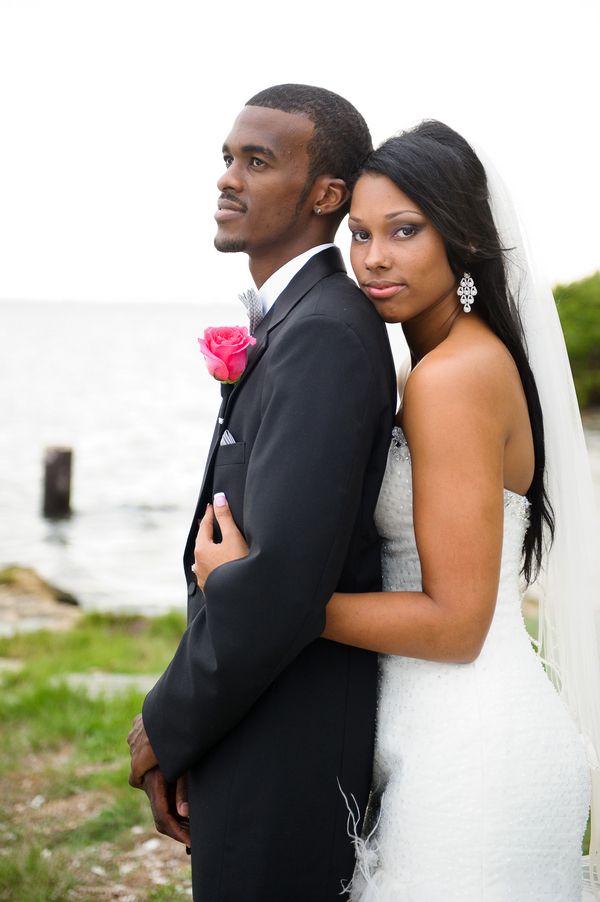 Penguin (mörgæs) - literally means "fat goose" (mör is a subcutaneous layer of fat that allows these birds to survive in Antarctica).
Penguin (mörgæs) - literally means "fat goose" (mör is a subcutaneous layer of fat that allows these birds to survive in Antarctica).
The population of Iceland is slightly more than 340 thousand people, which is comparable to a couple of Moscow microdistricts. Therefore, most of the islanders are related in one way or another.
Visitors in Thingvellir National Park in Iceland
And the inhabitants of the "Land of Fire and Ice", as a rule, do not have surnames: there are so few people that even without this it is clear which Yon or Thor is being referred to. Enough names and patronymics - patronymics.
True, if the child's mother is a radical feminist or does not want to know his father, then the child can receive a matronym (match). And sometimes - both patronymic and match. Like, for example, the current mayor of Reykjavik.
Fan of the Icelandic national team with her daughter
However, you cannot use only the patronymic.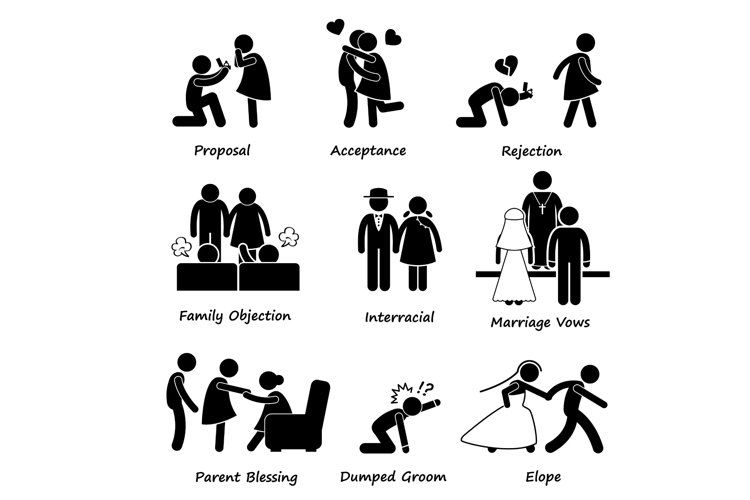 “It’s like saying in Russian: “Petrovich, please come to the information desk! Ivanovich is waiting for you, ”explains Anastasia.
“It’s like saying in Russian: “Petrovich, please come to the information desk! Ivanovich is waiting for you, ”explains Anastasia.
Icelanders address each other exclusively by their first names and "you" - whether to a professor or to the president.
Own people
The small population allows everyone to trace the pedigree. The Islandingabók (Book of the Icelanders) records all the natives of the country, starting with the first settlers of the 11th century. Often, when meeting, they open its electronic version in order to find out who is related to whom. This helps to avoid romantic relationships between close relatives.
Parishioners at Hallgrimskirkja Lutheran Church in Reykjavik
A street in Reykjavik. Middle: Hallgrímskirkja Lutheran Church
Congregation at Hallgrímskirkja Lutheran Church in Reykjavík
Not surprisingly, the Icelandic language details family ties. There are words like mæðgin, feðgar, feðgin and mæðgur - "mother and son", "father and daughter", "father and son", and "mother and daughter". They are often used as an address. For example, when someone is praised or congratulated: “What good fellows you are both - father and son!” or "Happy Women's Day to you, mother and daughter!"
Icelanders take off their shoes not only at home, but also at the entrance to school, swimming pool, clinic, library or dentistry.
“It wouldn't even occur to a plumber to slap into your kitchen in wet boots!” Nastya adds. Nobody knows what interchangeable shoes are - they walk in socks.
Houses in Skogar, Iceland
CC BY-SA 4.0 / Andreas Tille /
Icelanders' favorite place to relax is the swimming pools that can be found in any village. But the rules are strict: be sure to take a shower with soap and without a swimsuit. After all, little chlorine is poured into the water. “Local soft thermal water does not dry the skin and hair, so when you leave the pool, you feel not a chemical plume, but a spa effect,” notes Anastasia.
What to bring
The most popular Icelandic gifts are things made from the wool of local sheep. It is better to buy sweaters in the company store of the knitting association or at the flea market.
You should also pay attention to the products of local jewelers made of silver and lava. And also for delicacies: incomparable smoked salmon (graflax), dried fish (harðfiskur), fermented shark (hákarl) with a specific smell. You can find all this - and even try it for free - on the same "Flea".
Rotten shark with an alcoholic drink
Haukarl in a restaurant, Reykjavik
Anastasia also advises stocking up on sea salt with local herbs and licorice, syrups and jams from blueberries, crowberries, angelica, rhubarb, birch or Icelandic moss.
True, what you can't bring with you is local optimism. The motto of all the islanders is Þetta reddast, which can be translated roughly as "Everything will work out somehow." Let's take an example.
08:00 03/16/2021 (updated: 11:36 03/17/2021)
Threesome love: is there a future for polyamorous marriages?
- Jasmine Taylor-Colman
- BBC
You need to enable JavaScript or use a different browser to view this content
Video Caption,Free Love: Three men got married in Colombia
Three men married in Colombia. Will it become a role model for other countries?
"Viktor makes a terrible joke," says Manuel.
"Very bad," echoes his partner Alejandro.
"I'm a good joke," adds Manuel.
Manuel José Bermudez Andrade, Victor Hugo Prada and Alejandro Rodriguez live as a trio. They used to have a foursome relationship, but Alex Esneider Sabala died of cancer in 2014.
"We decided to get married for four even before Alex's death," says the now "badly joking" Victor. "Alex's cancer changed our plans, but I didn't give up for a minute."
After the death of a young man, the remaining three partners from Medellin decided to fight for their "extended" marriage and become eligible for Alex's posthumous compensation due to close relatives.
- Are polyamorous marriages next in line for legalization?
- Group polyamorous family - how to achieve harmony?
After the lawyer who supported their initiative certified the validity of their marriage and settled all the bureaucratic formalities in June, the trio plans a wedding ceremony.
"According to the document, we are a family, we live under the same roof, share a bed, cook together and do everything that an ordinary family does," Viktor says.
Image caption,Alex Sabala lived in the "quartet" for eight years until he died of cancer
"Once upon a time they could not even think about it"
An important nuance: the document recognized the actual union of three men, but did not from this became a full-fledged marriage certificate. There is no law in Colombia that provides for the possibility of marriage for three or more persons.
In most countries of the world, except for some states with a predominantly Muslim population that recognize polygamy, there are no such established rules either.
But the case of Alejandro, Manuel and Victor can become an important precedent in the matrimonial legal field.
Is it possible to imagine that there will be a worldwide campaign for legislative changes that would allow a few people to be legally married?
"There would be activists - and the movement will arise," says law teacher Hadar Aviram from the University of California.
R WHAT IS A POLYAMORE RELATIONSHIP ?
- Romantic relationships in which all participants agree to the participation of several partners in them
- Some of the polyamorous participants in such relationships adhere to the concept of free love, some do not
- Polygamy in Muslim countries and conservative Mormon communities is not considered as a special case polyamory, because it is believed that in them women are obviously unequal
Source : NGO More than Two
Professor Aviram says she saw little or no interest in marriage among polyamorous people when she began studying them in 2004, but eight years later she began to change.
Image copyright, AFP
Image caption,Manuel, Victor and Alejandro live as a threesome and hope to get married soon
According to a study by Loving More activists, in 2012, almost two-thirds of the 4,000 polyamorous people surveyed said they had would marry their partners if it were legally possible.
In the same year, a notary in Sao Paulo, Brazil, legalized the partnership of a man and two women.
Three years later, three male partners held a Buddhist wedding ceremony in Thailand.
According to Aviram, the acceptance of same-sex marriage around the world could be the first step towards breaking other social taboos as well.
"Gay marriages in the 1970s were probably as hard to imagine as polyamorous marriages today," says the researcher.
"I immediately realized that this is how it should be"
Polygamy may still seem like a distant possibility, but the Colombian precedent gives hope to others in tripartite relationships.
"It's really reassuring," says Dianna Rivas, a Florida mother of two.
Image copyright, DeAnna Rivas
Image caption, Three paychecks are better than two, Manny ironically adds that the best thing about their polyamorous relationship is the amount of love at home. invited her husband, Manny, to experiment with another woman.
"As I got older, I fell in love with both men and women," she says. "But Manny and I had been dating for five years before we got married."
"I thought they would take my wife away"
However, after the birth of her second child, Dianna fell into depression and felt that her husband's emotional support alone was not enough for her.
"I was very unhappy because I couldn't express my feelings for him. Something else was missing. When we met Melissa, everything came together," she admits.
In addition to boat salesman Manny, she now lives with 20-year-old Melissa James; they share the family budget, childcare and household duties - not to mention the bed.
"Most male fantasies involve two women," says Manny. "At the beginning it wasn't easy: I was afraid that Melissa would steal my wife from me. But we tried to live together, and everything turned out much better than I expected. "
Image copyright DeAnna Rivas
Image captionManny and DeAnna Rivas (pictured with children Vanesa and Gabriel) got married in 2013 after five years together
Manny, 30, says that some people got angry when they found out about their relationship, and his previous employer even threatened to fire him, but at the same time, many were intrigued by their experience.
"Most people, when they first hear about it, immediately imagine polygamy like Mormons, and they don't like the idea of a husband with two wives who do not communicate with each other," the head of the family notes.
"When I say it was my wife's idea, people are more understanding," adds Manny.
All three confess that at first they were tormented by the pangs of jealousy, but later they learned to be more open with each other.
Now they are planning a wedding for June 2020.
"I would like something pretty and informal," says Melissa, who works as a saleswoman.
Image copyright DeAnna Rivas
Image captionVanesa and Gabrielle are happy to have two moms, says Dianna
They even picked out Manny's tuxedo for their engagement.
But their marriage, most likely, will not be recognized as legal, and they will have to look for other ways to "legalize" their family.
Manny and Dianna will give Melissa custody of their two children, who already call her MJ's mom. Melissa also intends to change her last name to Rivas.
However, without legal recognition of their marriage, people in even the most enduring polyamorous relationship do not have access to the same legal and tax rights as married couples.
"There's nothing wrong with that"
The idea of polyamorous marriages has been vehemently opposed by some, particularly in Colombia itself, the majority of whose population is staunchly Catholic. Calls began to be heard in the country to check the legality of the actions of the Medellin lawyer.
Image copyright, DeAnna Rivas
Image caption,The Rivass say that honest communication is the most important part of their relationship.
Skip the Podcast and continue reading.
Podcast
What was that?
We quickly, simply and clearly explain what happened, why it's important and what's next.
episodes
The End of History Podcast
Critics fear for the sanctity of the institution of marriage, predict an increase in the number of divorces, and also talk about the danger of the corruption of the institution of the family.
Some LGBT rights activists also oppose polyamorous marriage, seeing it as a mockery of the struggle for equality, and for fear that it undermines earlier assurances that legalizing gay marriage would not be a "slippery slope" to further steps towards revision of established social norms.

